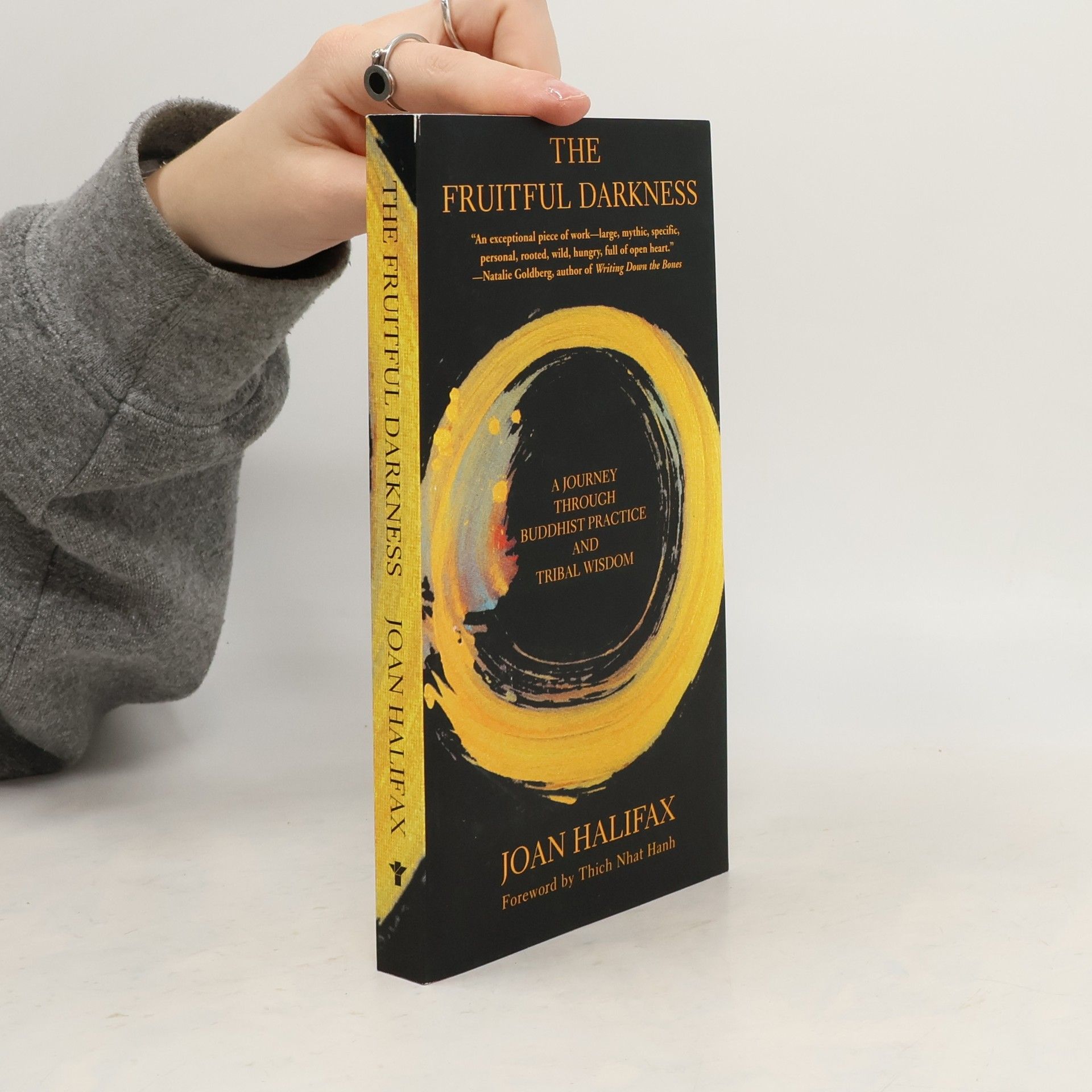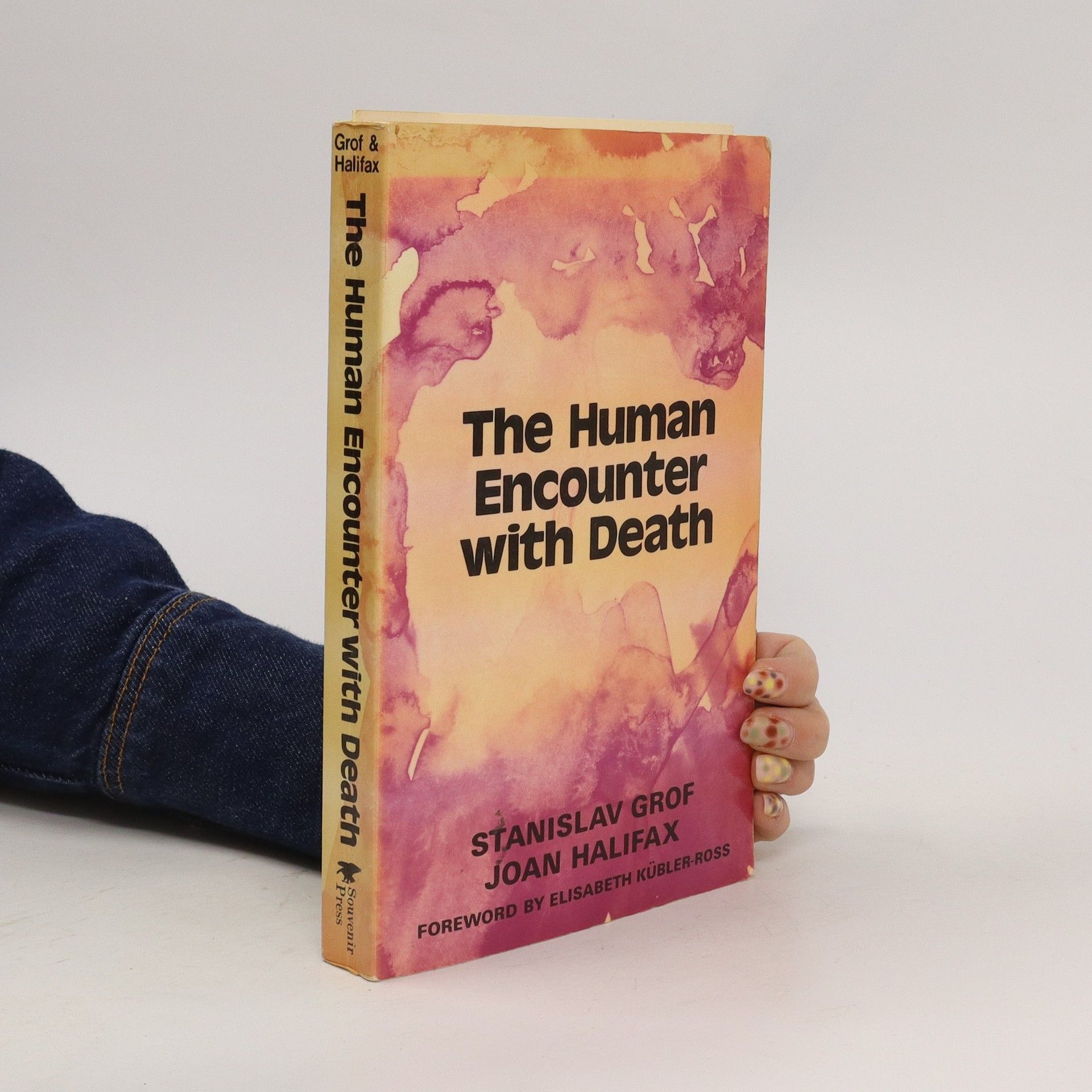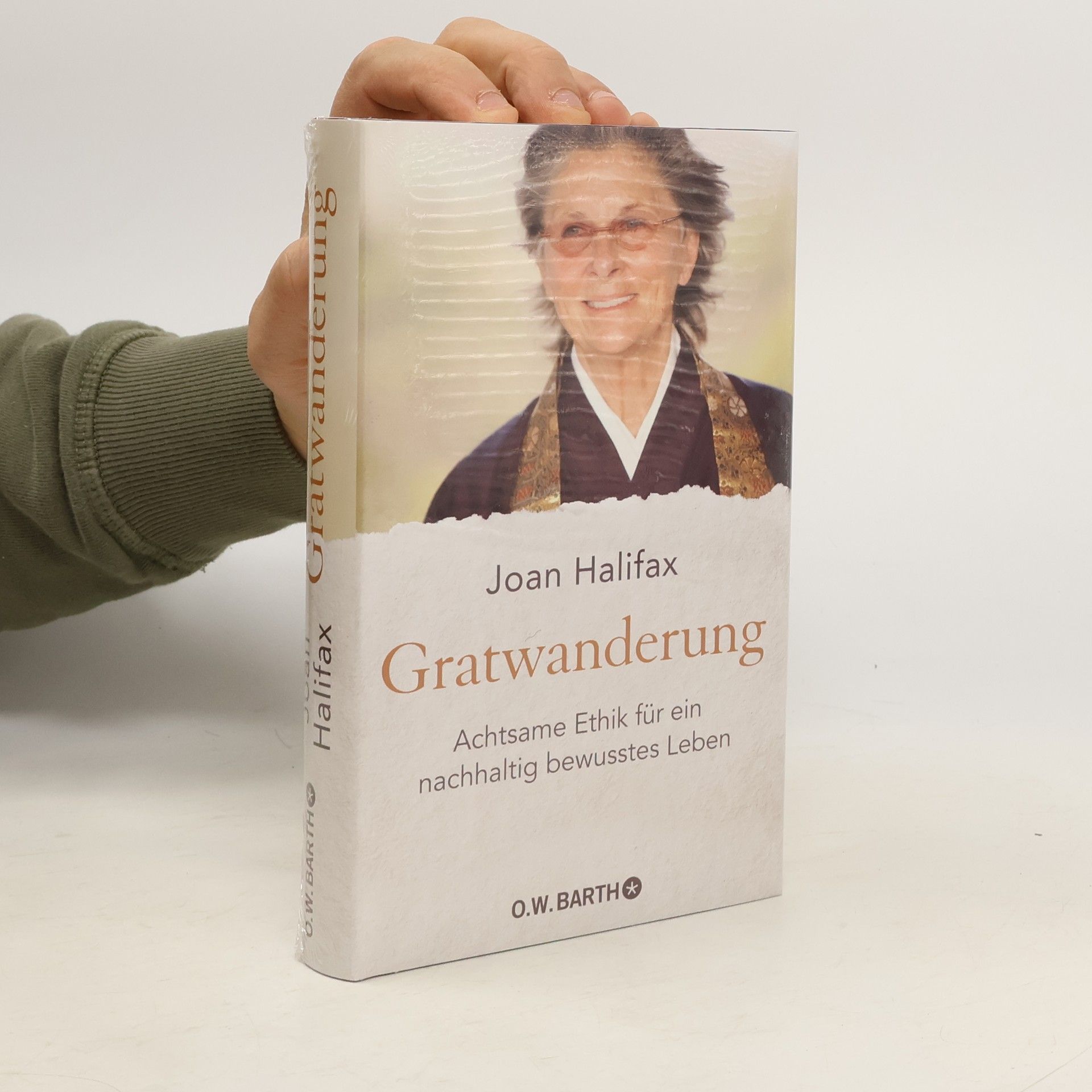On his deathbed, Plato advised: Practice dying. In the 2,000 years since, we’ve focused on living, but what about dying? This work offers a kind, open, and dignified approach to death, allowing exploration of its meaning in our lives and the lives of others. Founded by Joan Halifax, this initiative began to help healthcare professionals and patients view death through compassion and awakening. The audio learning course distills insights from this influential program, blending Eastern and Western psychology, philosophy, and contemplative practices from various spiritual traditions. This innovative, hands-on approach teaches medical professionals, social workers, clergy, community activists, and spiritual seekers how to alleviate the fear surrounding dying. By caring for the dying, we learn to care wisely for the living and for life itself. In our culture, life is often linked to success and death to failure. This work examines death not as a medical success or failure, but as a chance for awakening. Join Joan Halifax to learn essential practices for creating a calm, mindful, sacred space that brings life and death into full awareness.
Joan Halifax Books
Joan Halifax is a revered Zen Buddhist teacher and author whose writings delve into the profound realms of Buddhism and spirituality. As an anthropologist and ecologist, she brings a unique perspective to her work, weaving together spiritual wisdom with a deep understanding of the world. Her commitment to socially engaged Buddhism shines through her lifelong work, focusing on compassionate presence with the dying and exploring the intersection of science and Buddhist philosophy. Halifax invites readers to explore the possibilities of compassion, awareness, and a more profound connection to life and death.







The Human Encounter with Death
- 240 pages
- 9 hours of reading
Grof describes the experiences of his patients in his research project using LSD therapeutically with terminal cancer patients.
Sophie Learns to Be Brave
- 32 pages
- 2 hours of reading
A story for kids ages 4–8 about a young girl and her encounters with a dog that teaches her friendship, presence, loss, and bravery. This story follows a young girl named Sophie and a sweet old dog who cross paths in the midst of a storm. “Breathing in, I am safe; breathing out, I am free,” Sophie repeats again and again to remind herself and the "old one" to stay present and brave when feeling scared or unsettled. In helping each other through their fears, a deep kinship is formed that makes a lasting impact on Sophie’s life.
The Fruitful Darkness
- 272 pages
- 10 hours of reading
Buddhist teacher and anthropologist, Joan Halifax, delves into the shadow side of being, found in the root truths of Native religions, the fecundity of nature, and the stillness of meditation.
Gratwanderung
Achtsame Ethik für ein nachhaltig bewusstes Leben
Die Zen-Meisterin und große Friedens-Aktivistin Joan Halifax hat die fünf Kerneigenschaften erforscht, die echte Charakterstärke und gelebte Spiritualität verkörpern: Altruismus, Empathie, Integrität, Respekt und Engagement. Doch werden diese Qualitäten falsch verstanden oder übertrieben, können sie auch die Ursache für persönliches und soziales Leiden sein. Deswegen ist ihre Entwicklung immer auch eine „Gratwanderung“. Es gilt, die Balance zu finden zwischen unserem eigenen Wohl und dem der anderen. Ein einfühlsames Praxisbuch, das uns verstehen lässt, wie unsere größten Herausforderungen zur wertvollsten Quelle unserer Weisheit werden können. Joan Halifax hat durch ihre Arbeit als soziale Aktivistin, Anthropologin und buddhistische Lehrerin unzählige Leben auf der ganzen Welt bereichert. Über viele Jahrzehnte hinweg hat sie auch mit Neurowissenschaftlern, Klinikern und Psychologen zusammengearbeitet, um zu verstehen, wie kontemplative Praxis ein Mittel zur persönlichen und sozialen Transformation sein kann. Ein kraftvoller Leitfaden, wie wir die Freiheit finden können, die wir für andere und für uns selbst suchen.
Die andere Wirklichkeit der Schamanen
- 317 pages
- 12 hours of reading
Buddhistický přístup ke smrti může být v paliativní péči velice užitečný, a to v jakémkoli kulturním či náboženském prostředí. Joan Halifaxová, která vychází z tradiční Buddhovy nauky a jež několik desetiletí pracuje s umírajícími lidmi a těmi, kteří o ně pečují, se o tom mnohokrát přesvědčila. Její práce je moudrou inspirací pro všechny, kteří pečují o umírajícího člověka, pro ty, kteří stojí tváří v tvář vlastní smrti, i pro ty, kteří by chtěli kontemplativně zkoumat transformativní potenciál procesu umírání. Tato kniha je potvrzením toho, že skrze otevřenost je možné objevit svoji vnitřní sílu a pomoci k tomu i těm, kteří trpí.


